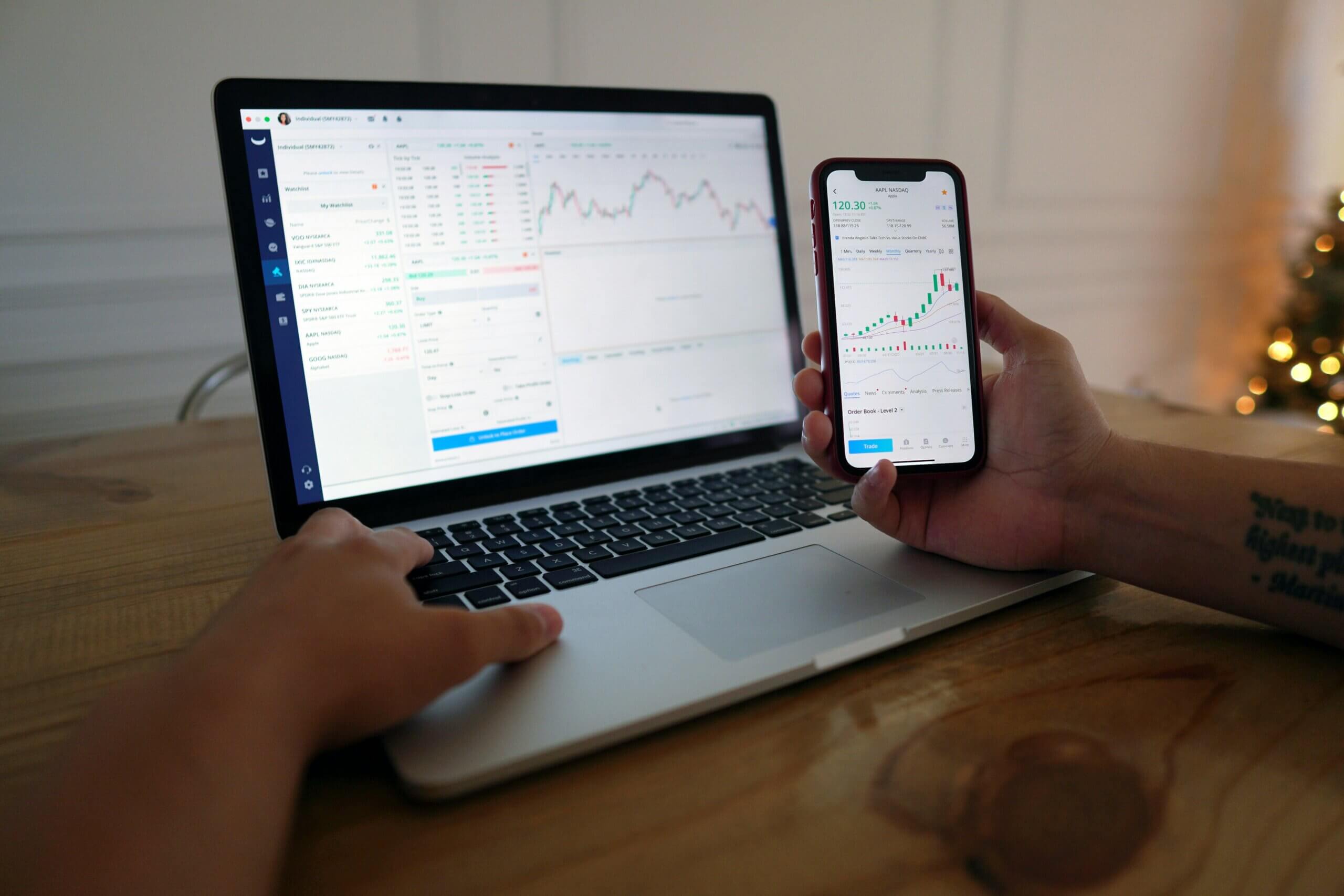Starting a forex trading career is an exciting venture, but it’s important to choose the correct broker before entering the market. With so many possibilities, the procedure might appear overwhelming. Do not be alarmed! We’ll walk through every stage of the process of selecting the best FX broker in this beginner’s guide.
Step 1: Consider Trading Costs and Fees
Trading costs and fees can eat into your profits, so it’s crucial to understand them upfront. Pay attention to factors like spreads, commissions, and any additional fees charged by the broker. While low trading costs are important, make sure you’re not sacrificing quality for price. Sometimes, a slightly higher cost may be worth it if the broker offers superior services and execution.
It’s also worth considering the broker’s policy on slippage and requotes. Slippage occurs when your order is filled at a different price than expected, usually during periods of high volatility. Requotes occur when the broker is unable to execute your order at the requested price and offers you a new price instead. Look for brokers that have transparent policies and minimize slippage and requotes as much as possible.
Step 2: Evaluate Trading Platforms and Tools
Your trading platform is your window to the forex market, so it’s essential to choose one that suits your needs. Look for a platform that is user-friendly, reliable, and offers advanced charting and analysis tools. Whether you prefer a desktop, web-based, or mobile platform, make sure it meets your requirements and offers the functionality you need to execute your trading strategy effectively.
Consider factors like site stability, execution speed, and available order types when evaluating trading platforms. Some brokers offer proprietary platforms, while others provide popular third-party platforms like MetaTrader 4 (MT4) or MetaTrader 5 (MT5). Take the time to test out different platforms and find one that you feel comfortable using.
Step 3: Research Broker Reputation and Regulation
When it comes to your hard-earned money, you want to ensure it’s in safe hands. That’s why it’s essential to research potential brokers thoroughly. Look for brokerage services that are regulated by reputable financial authorities like the Commodity Futures Trading Commission (CFTC) in the US, the Financial Conduct Authority (FCA) in the UK, and the Australian Securities and Investments Commission (ASIC).
Regulation provides peace of mind that the broker operates with integrity and transparency, as they must adhere to strict regulatory standards. Additionally, take the time to read trusted broker reviews and check online forums for feedback on factors like execution speed, customer service, and reliability. Hearing from other traders can give you valuable insights into what to expect from a particular broker.
Step 4: Analyze Deposit and Withdrawal Options
When choosing the right forex broker, it’s crucial to analyze their deposit and withdrawal options. Consider the following factors:
- Variety of Methods: Look for brokers that offer a range of deposit and withdrawal methods, including:
- Bank transfers
- Credit/debit cards
- E-wallets
- Processing Times: Consider the processing times for deposits and withdrawals. Faster processing times can be advantageous, especially when you need to access your funds quickly.
- Fees: Evaluate any fees associated with deposits and withdrawals. Some brokers may charge fees for certain payment methods or processing withdrawals.
- Minimum/Maximum Limits: Check the minimum and maximum deposit and withdrawal limits imposed by the broker. Ensure that these limits align with your trading requirements.
- Security: Opt for a broker that prioritizes security and offers secure payment options to safeguard your funds and personal information.
Step 5: Assess Customer Support and Service
Last but certainly not least, consider the level of customer support and service provided by the broker. You want to know that help is available when you need it, whether it’s assistance with technical issues or questions about your account. Look for brokers that offer multiple channels of communication and responsive support staff who are knowledgeable and helpful.
It’s also worth considering the broker’s educational resources and materials. Look for brokers that provide webinars, tutorials, articles, and trading guides to help you improve your trading skills and knowledge. A broker that invests in trader education demonstrates a commitment to their clients’ success.
Final Words
Choosing the right forex broker is a crucial step in your trading activities, and it’s worth taking the time to do your research. You can discover a broker that satisfies your demands and assists you in reaching your trading objectives by comprehending your needs, investigating the reputation and regulation of brokers, taking trading costs and fees into account, analyzing trading platforms and tools, and evaluating customer assistance and service.
Use the insights available on various dedicated platforms to make a well-informed choice. Remember, the right broker can make all the difference in your investment success, so select wisely!

